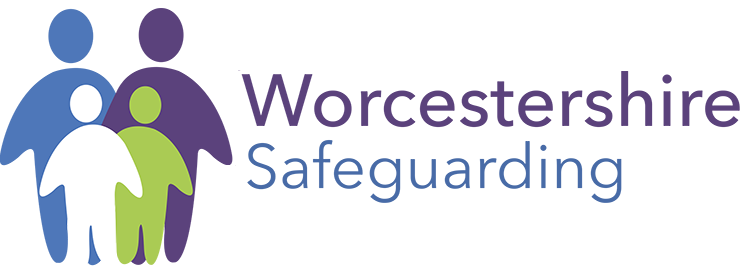Online Safety
There are lots of different terms used when talking about staying safe on-line; e-safety, on-line safety and digital safety are just a few. Addressing safety issues on the internet and in the digital world is a fast changing environment and presents lots of challenges for parents. Some of the issues that can arise are:
- Online bullying
- Sharing or viewing age inappropriate content
- Gaming
- Over sharing personal information
- Grooming and exploitation
Parents play a big role in keeping their children safe. You don’t have to be an expert to keep your child safe on-line, there is lots of information and support available to help parents teach their children how to engage with the digital world safely and responsibly.
Ask your child to show you their favourite websites and apps and what they do on them. Listen and show interest and encourage them to teach you the basics of the site or app.
- Initiate (and continue) conversations about online safety: Ask them if anything ever bothers or worries them while they’re online. You could use examples of events from the animations and ask if they’ve experienced anything similar. Reinforce the key message: if anything happens online which makes them feel worried, scared or sad, the best thing to do is talk to you or another adult who they trust.
- Help your child identify adults who can help: Help your child identify trusted adults from different areas of their life such as at home or at school.
- Be non-judgemental: Explain that you would never blame them for anything that might happen online, and you will always give them calm and loving support.
- Supervise your child while they’re online: Keep the devices your child uses in communal areas of the house such as in the living room or kitchen where an appropriate adult is able to supervise. It is not safe for 4-7 year olds to access the internet unsupervised in private spaces, such as alone in a bedroom or bathroom.
- Talk to your child about how their online actions can affect others: If your child is engaging with others online remind them to consider how someone else might feel before they post or share something. If they are considering sharing a photo or video of somebody else, they should always ask permission first.
- SafeSearch: The use of ‘SafeSearch’ is highly recommended for use with young children. Most web search engines will have a ‘SafeSearch’ function, which will allow you to limit the content your child is exposed to whilst online. Look out for the ‘Settings’ button on your web browser homepage (often shaped like a small cog).
- Parental controls: Make use of the parental controls available on your home broadband and any internet-enabled device in your home.
Where to get help
NSPCC
UK Safer Internet Centre
Internet Matters
Childnet
Think You Know

